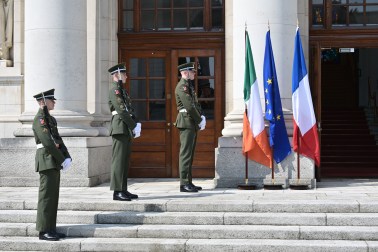
Like Philip Larkin in ‘Posterity’, imagining an American lecturer yawning over his research into an ‘old-type natural fouled-up guy’, J.M. Coetzee places himself in the shoes of a notional English biographer gathering the material that will make sense of the years that followed his 1972 return to South Africa. The result is Summertime, third part of Coetzee’s semi-fictionalised biographical trilogy.
Two previous volumes — Boyhood and Youth — recounted the author’s childhood in the Western Cape as the son of middle-class Afrikaners and his move to London, where he tried his hand as a computer programmer. Like Summertime, both of those books used the distancing third person, as though Coetzee simply could not bear the intimacy of a life conveyed first-hand. In this volume he goes one step further along the path of self-elimination, viewing his experience exclusively via the insights of outsiders, almost all of them women.

Get Britain's best politics newsletters
Register to get The Spectator's insight and opinion straight to your inbox. You can then read two free articles each week.
Already a subscriber? Log in







Comments
Join the debate for just $5 for 3 months
Be part of the conversation with other Spectator readers by getting your first three months for $5.
UNLOCK ACCESS Just $5 for 3 monthsAlready a subscriber? Log in